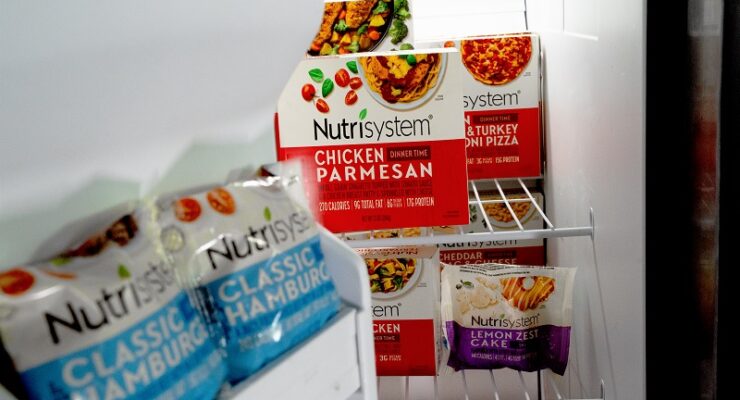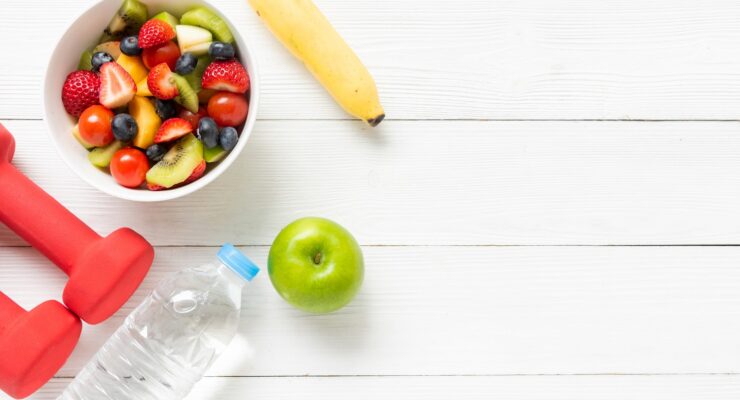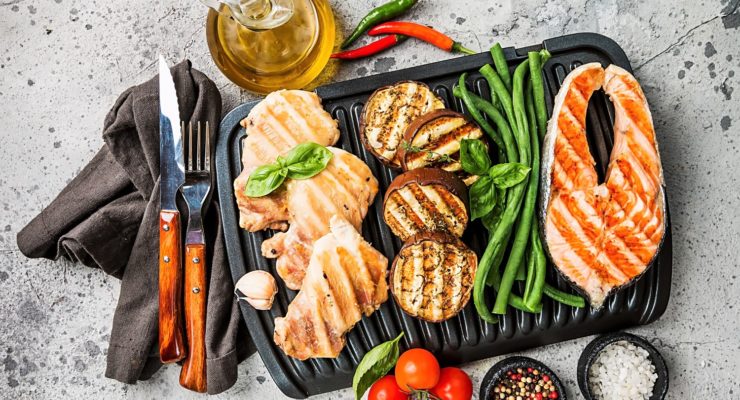The 5 Absolute Worst Times to Start a New Diet
Article posted in: Lifestyle
When it comes to losing weight, you have to be strategic. You don’t start a new diet the day you’re going to your friend’s big wedding or the night before Thanksgiving Day. Because if you do… You’ve doomed yourself. If not to failure, at least to a discouraging start.
Your resolve to lose weight and get healthier deserves applause. And it deserves a fair chance to succeed. So avoid the following times when launching your big health campaign:
1. Friday.
For many of us, the weekend is a food festival. The proof: Cornell University research, published in 2014, found that most people weigh more on Sunday and Monday. We tend to lose more weight during the week. But, if we hop back up on the wagon come Monday, we can even drop the weekend weight. A study from the University of Pennsylvania actually found that Monday is one of the best days to start a new diet because it’s a “temporal landmark,” a time we associate with new beginnings.
2. The week or two before your period.
About 70 percent of women experience food cravings before they get their periods, according to Dr. Judith Wurtman, former Massachusetts Institute of Technology researcher and author of The Serotonin Power Diet. Some research suggests that levels of serotonin, a brain chemical linked to mood and boosted by carbohydrates, may be lower in women who experience what’s known as premenstrual syndrome (PMS). PMS could also put you in a bad mood, which intensifies those carb cravings, thanks to increasing levels of the stress hormone cortisol. If you experience water weight gain at the same time, even though it will disappear in a couple of weeks, it can also set you on edge.
According to Wurtman’s research, sticking to complex carbs—like whole grains—can help ease these symptoms in some women. They’re also the perfect foundation for a healthy, new diet. Just wait until the craving cloud clears to jump into it.
3. Right before a holiday, a big event or swimsuit season.
If you’ve procrastinated until the holidays, your high school reunion or beach weather, you’ve set yourself up for failure. Trying to lose too much weight in a short period of time, leads to doing stupid things— like skipping meals or trying to keep to an unhealthy, very low-calorie diet. Crash diets will just backfire. Studies have found that very low-calorie diets, involving fewer than 1,200 calories a day, can lead to a sluggish metabolism. This not only makes losing weight more difficult, but it also can cause dehydration because the quick weight loss you see is often fluid, not fat. Musclee loss is just another possibility. To make things worse, any quick weight loss that would result is typically followed by a quick regain. So, please do yourself a favor and plan ahead. If you want to look better in a bathing suit, your best bet is to start a new diet as soon as the last bathing suit season is over, in preparation of the next year. Or, if you don’t have loads of weight to lose, January might work. That gives you five to six months to drop a few sizes—perfectly doable. Better yet: Perfectly healthy.
4. When you’re totally stressed out.
There are some people who actually lose weight when they’re anxious, depressed or stressed. However, if you struggle with your weight, chances are you aren’t one of them. According to the American Psychological Association, approximately 33 percent of people report overindulging in unhealthy foods in order to relieve stress. Afterwards, roughly 50 percent feel terrible about it. Almost all of these individuals pin this negativity on their body image .
If your stress is related to a situation that’s going to resolve in a fairly short period of time, it’s best to wait it out before you embark on a new diet or make any big changes. With that said, it is always a good time to start exercising. The Anxiety and Depression Association of America recommends aerobic exercise as a stress reliever because exercise can boost your body’s production of endorphins. These are the chemicals in your brain that function as painkillers and mood lifters.
You may want to even start that search for other stress relievers—things that don’t involve food. For example, a cup of black tea can reduce the stress hormone cortisol by 47 percent, found a study published in 2007 in the journal Pychopharmacology. Don’t like teas? Practice some simple deep breathing. Inhale and exhale to the count of four, with your eyes closed to trick your body into thinking you’re going to sleep, the ultimate form of relaxation. Stress-reducing playlists are another great option. Music is a fantastic stress reliever. Many studies have found that it can lower levels of cortisol, while reducing heart rate, pulse and blood pressure.Result: A calm and comforted you.
5. When you’re heading out on vacation.
Unless you’re going somewhere you know you’re able to cook healthy meals for yourself, vacations tend to be filled with high-calorie restaurant meals, all-you-can-eat buffets, ice cream stands, fudge shops and tall, cool alcoholic drinks. Throw this against your vaycay-diminished inhibitions and you’ve got a recipe for a seven-pound weight gain in one week. Yes, seven pounds. This is the amount of weight that some participants in a 2015 University of Georgia study gained over the course of their vacation. The bigger problem—no pun intended: As people gain this vacation weight, they aren’t likely to take note of the situation and work to rectify it. It is all part of the phenomenon known as creeping obesity—a couple of pounds over five years turns into 10 pounds. The main contributor to vacation weight gain in University of Georgia’s research was alcohol. Vacationers doubled the number of drinks they had normally. Your best bet: Wait until you’re relaxed and refreshed at home for a new diet. When you do, maybe nix the booze.













